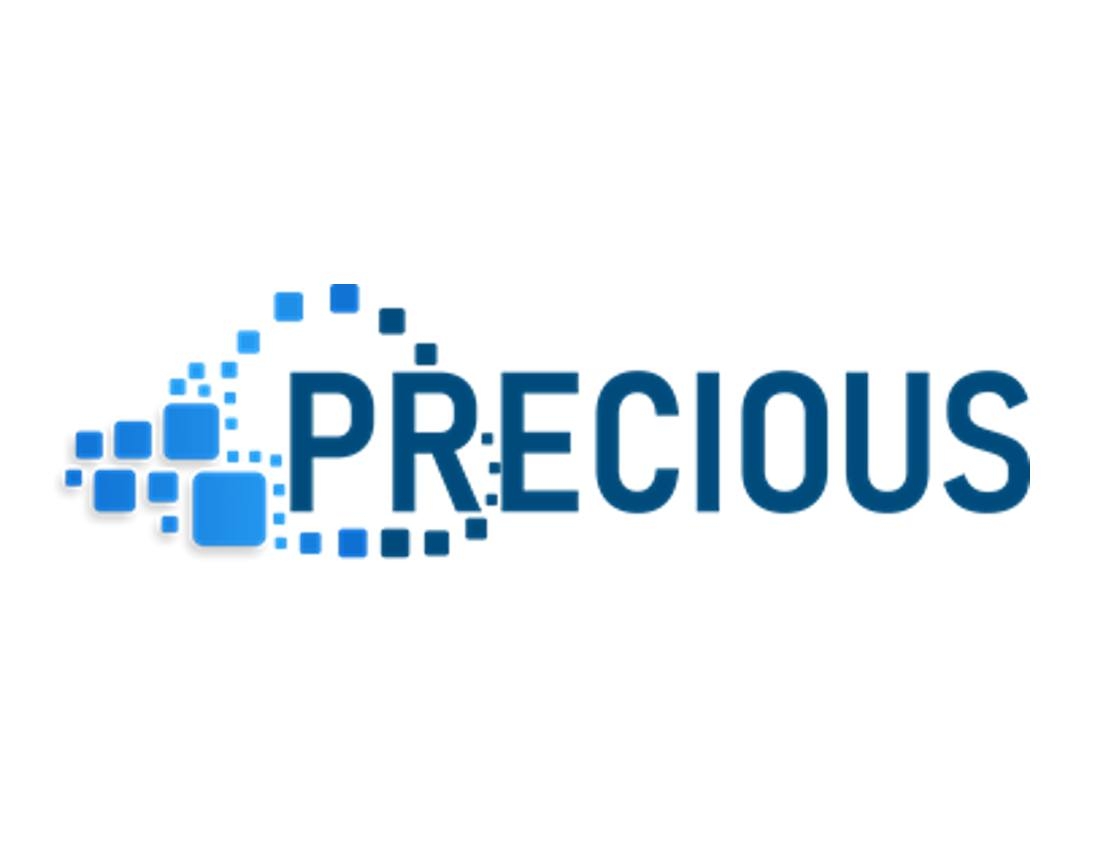Super Fast process:
Standardized pipelones and workflows deliver fast results
Affordable Price:
Contact us to learn more about the available collaboration plans
Secure Hosting:
Your data are secure through our state of the art approaches
25 Years Of Experience In Data Science and Biomedical Engineering
Our group is participating for many years in research projects where AI is utilized for the development of models, tools and decision support systems in healthcare.


Applications of AI in Healthcare
AI is particularly successful in analyzing medical images like X-rays, MRIs, and CT scans. It can identify patterns and anomalies that might be difficult to detect with the human eye, aiding in the early diagnosis of diseases like cancer and cardiovascular issues.
AI algorithms can analyze patient data, medical records, and genetic information to assist in diagnosing diseases. They can also predict the risk of certain conditions, helping doctors make informed decisions about prevention and treatment.
AI accelerates drug discovery by analyzing massive datasets to identify potential drug candidates and predict their effectiveness. It can significantly reduce the time and resources needed for bringing new drugs to market.
AI can analyze individual patient data to recommend personalized treatment plans based on factors like genetics, medical history, and lifestyle. This approach increases the likelihood of successful outcomes.
NLP techniques enable computers to understand and process human language. This is used in applications like electronic health record (EHR) management, medical transcription, and even chatbots that assist patients with medical information.
AI-driven wearable devices can continuously monitor patients’ vital signs and health metrics, alerting healthcare providers to any concerning changes in real-time. This is especially valuable for managing chronic conditions.
Robots equipped with AI can assist surgeons in performing complex procedures with enhanced precision and control, minimizing the risk of errors and reducing recovery times.
AI can streamline administrative tasks like appointment scheduling, billing, and claims processing, allowing healthcare professionals to focus more on patient care.
AI can analyze vast amounts of data to track disease outbreaks, predict their spread, and inform public health interventions. This was particularly evident during the COVID-19 pandemic.


